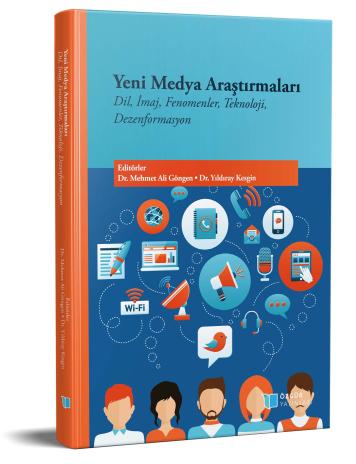
Official Multilingualis as a Public Policy: The Case of The Republic of South Africa
Chapter from the book:
Göngen,
M.
A.
&
Kesgin,
Y.
(eds.)
2023.
New Media Research: Language, Image, Phenomena, Technology, Disinformation.
Synopsis
Public policy analysis is a social science discipline applied to better understand the policy-making processes and their consequences. In this study, it is aimed to reveal the analysis of the official multilingualism policy by examining the reasons, stages and results of the applied policy. Language policy is a component of public policy studies, and country-by-country review and planning of language policy make an important contribution to this topic. This study firstly addresses the classification of language policy tools and how they are used as a public policy tool. Then come its examination, classification in the public policy of the Republic of South Africa and the interpretation of its results. This article contributes to research on the development, implementation and consequences of language policy by discussing the place of the concept of official multilingualism in public policy and how it can be adapted to research. In other words, it is about examining the concept through a case analysis after the thematic analysis performed in the study. Then, a method is created to compare and examine language policies through the example of the Republic of South Africa.
Max Weber suggests that language invites to unification but does not enforce it in the process of nation formation. The South African Republic, described as ‘Rainbow Nation’, accepted the invitation of various languages and combined it in the constitution as the common text. In addition, official languages were established in the provinces in proportion to their populations and became practicable in the entire state apparatus including the fields of education, health and communication. The language(s) harboring diversity and secessionism thus became the cement for the coexistence of various communities. The main objective with the recognition of 11 official languages is to prove that language would grow secessionist once ostracized, but associative once included in the state. Official multilingualism is the greatest inspiration for various communities to live in the same country without losing the sense of belonging and to hold on to the commitment for coexistence in spite of all the problems experienced in society.

